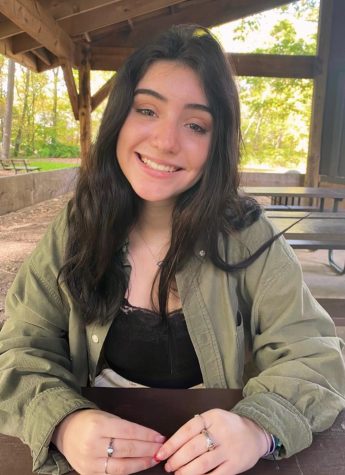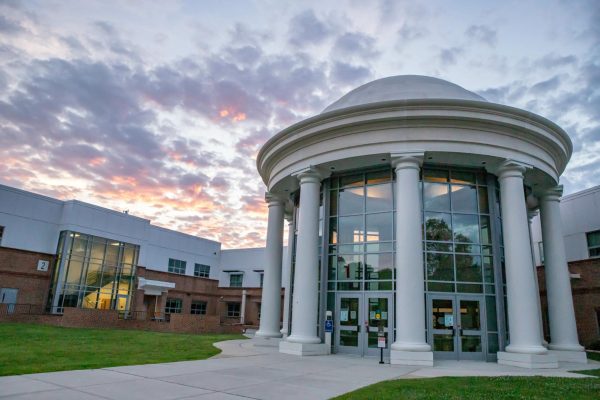The Truth about RCO Days
On November 4th, Hindus, Jains, and Sikhs celebrate Diwali, rejoicing in the victory of light over darkness, as it is an important holiday for many Americans of Indian descent. Instead of closing school, FCPS deemed Diwali, and many other religious holidays, religious and cultural observance days. RCO Days allow students to exercise excused absences and restrict any new material from being taught in classrooms
Virginia law states that each school system must provide 180 days or 990 hours of instruction. If the county wants to consider having a day off, the holiday must have some secular justification, such as student and faculty absences that disrupt the progression of learning. The FCPS religious observance day calendar, which was newly approved by the school board last March, intended to have a fair balance between closure and honoring critical religious celebrations. In 2019, FCPS commissioned a Religious Observances Task Force to provide input on FCPS’s calendar. With their help FCPS proposed rules that state tests, field trips, homecomings, and other events cannot be scheduled on any of the 15 religious and cultural observance days designated by the calendar. Many faith-based organizations have pushed back in response.
A large number of observance days “wound up creating more problems,” said Guila Franklin Siegel, associate director of Jewish Community Relations Council of Greater Washington. Franklin is frustrated by these days because she feels that they are “continuing the dismissive treatment of minority students.” She argues that schools are always closed for the major Christian holidays, such as Christmas. The JCRC of Greater Washington sent a follow-up letter to the school board in October, voicing how the school system fails to accommodate the needs of many Jewish students.
Another example of poor planning was the decision to include the last day of Passover, rather than the first, as a religious observance day. FCPS failed to recognize that Jewish holidays begin the night before a holy day, creating conflicts for back-to-school nights and other events. Marcy Schwab, a JCRC board member, believes the school board “underestimates the diversity of the county, the importance of those days, and the impact it has on our children.”
Farah Ahmad, who works with educational programming at the McLean Islamic Center, emphasized that the calendar does not reflect the shifting demographics in our country. Jew, Muslim, Hindu, and other minority populations have grown steadily in Fairfax County. “Actions speak louder than words,” Ahmad added, urging the school board to make changes to the calendar for the upcoming school year, including closing school on Eid. She feels that “Fairfax County needs to step up.”
After the controversy surrounding last year’s calendar, the Virginia Department of Education’s (VDOE) asked schools to establish a calendar feedback committee with “broad representation”. These committees will make sure to consist of staff, parents, and community members all with different backgrounds (such as Christian, Judaism, Muslim, and Hindu). Additionally, FCPS issued a survey to collect community feedback. VDOE’s new calendar will be in effect from July 1, 2022 to June 30, 2023. A majority of all groups responded that they were satisfied with the calendar.

Brooke is a senior and the News Editor of the South Lakes Sentinel! This is her second year in journalism. In her free time, she loves to read, write,...














